- Academics+
- Colleges & Institutes
- Undergraduate
- Graduate
- International Education
- FACULTY LISTINGS/SUPERVISORS INFORMATION
- College of Architecture and Civil Engineering
- College of Architecture and Urban Planning (CAUP)
- College of Art and Design
- College of Chemistry and Life Science
- College of Computer Science
- College of Economics and Management
- College of Environmental Science and Engineering
- College of Foreign Languages
- College of Marxism
- College of Materials Science and Engineering
- College of Mechanical and Energy Engineering
- College of Metropolitan Transportation
- School of Information Science and Technology
- School of Mathematics Statistics and Mechanics
- School of Physics and Optoelectronic Engineering
- School of Sociology
- Admission+
- Research+
- Global+
- Life @ BJUT+
- About+
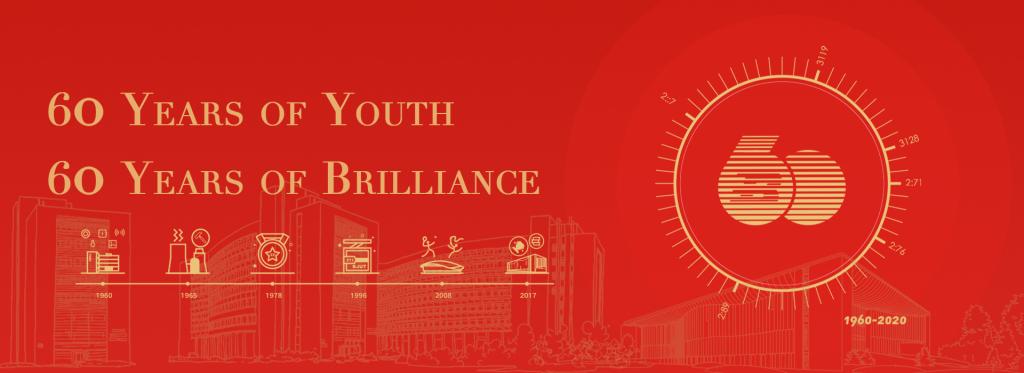
Founded in 1960, BJUT is a multi-disciplinary research university under the administration of Beijing Municipality. Upholding the motto of "Persistent Striving the Principle, Pursuit of Innovation the Path" and following the principle of "Rooted in Beijing, Serving Beijing, Inspiring China and Embracing the World", BJUT is striving unremittingly to become a world-class research university with its own features.
● 1960, BJUT was established with 17 majors of 5 departments (Department of Mechanics, Department of Electrical Engineering, Department of Chemical Engineering, Department of Mathematics and Physics). On September 3, 1085 students consisting of high-school graduates, technical school students, and overseas Chinese students started classes.
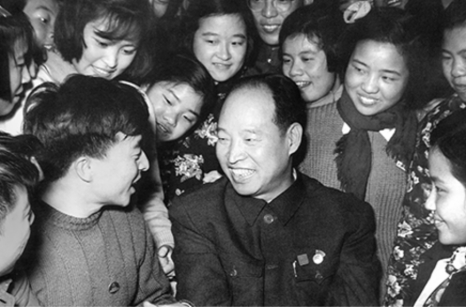
● 1961, Beijing Municipal CPC Committee decided to incorporate the undergraduate section of Beijing Institute of Civil Engineering and Architecture into BJUT, and BJUT Department of Civil Engineering was thus founded.
● 1965, students in 1960 grade carried out their graduation projects in factories on real production problems, known as "practicability-oriented graduation design".
● 1972, Beijing College of Business Administration was incorporated into BJUT. Then BJUT established preparatory department at the site of the original college, later named as freshmen department.
● 1978, BJUT received 22 Scientific and Technological Achievement Awards in the National Science Conference.
● 1981, BJUT was approved as one of the first universities to provide Master's Degree Programs.
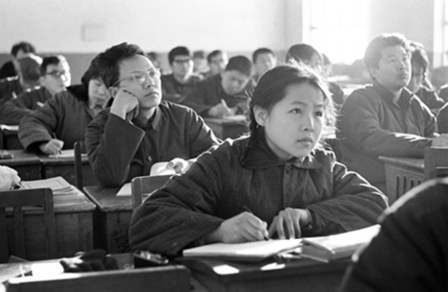
● 1985, BJUT was approved to provide Doctoral Degree Programs. Optics was authorized as the first Doctoral Degree Program in BJUT.
● 1990, Economics & Management College of Beijing Union University ( the First Branch School Affiliated to Renmin University of China ) was incorporated into BJUT. It then merged with Management Engineering Department as Departments of Management Engineering, International Business, Economics and Applied Economics.
● 1993, Beijing Computer College was incorporated into BJUT. BJUT College of Computer Science was established.
● 1996, BJUT was incorporated into the National "211 Project" ( The 211 Project is a national strategic project formulated by the Chinese government for the implementation of the strategy of invigorating the country through science, technology and education ).
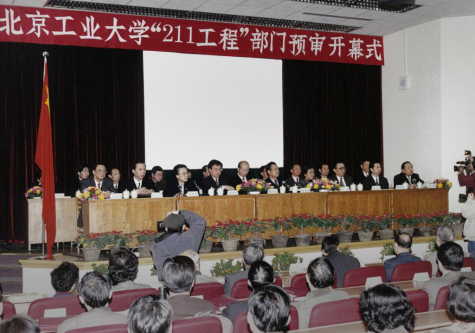
● 1996, BJUT established its first Mechanical Engineering postdoctoral scientific research station.
● 2000, National Building Materials Bureau Management College (Wuhan University of Technology-Post-graduate Department in Beijing) was incorporated into BJUT. Post-graduates Department of North China University of Water Conservancy and Electric was incorporated into BJUT.
● 2005, Beijing College of Art Design was incorporated into BJUT. BJUT College of Art and Design was established.
● 2008, BJUT successfully hosted the badminton and gymnastic events of the 2008 Beijing Olympic Games.
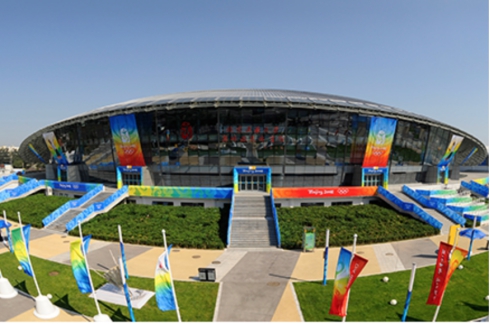
● 2008, BJUT set up its first Confucius Institute in Opole University of Technology, Poland.

● 2010, BJUT was among the first to implement the 'Outstanding Engineers Education Plan' initiated by the Ministry of Education and national comprehensive reform pilot university for postgraduate professional degree.
● 2012, BJUT was among the first municipal universities to obtain the right of independent student recruitment.
● 2012, the Beijing-Dublin International College at BJUT was officially established.
● 2014, Fan Gongxiu Honors College of BJUT was officially established.
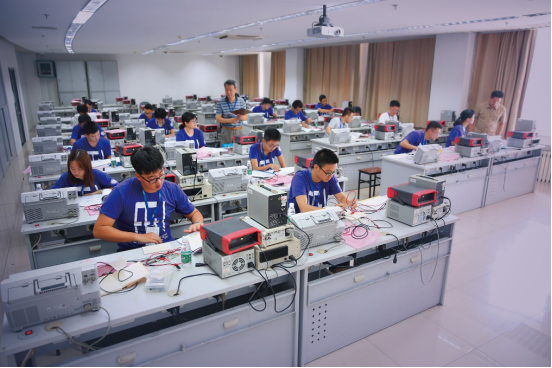
● 2016, the Faculty of Information Technology was officially established, marking the start of the university's efforts in department reform.
● 2017, BJUT was listed as one of China's 95 universities to build world-class disciplines.

● 2019, BJUT ranked 33rd in the QS Mainland China Rankings.
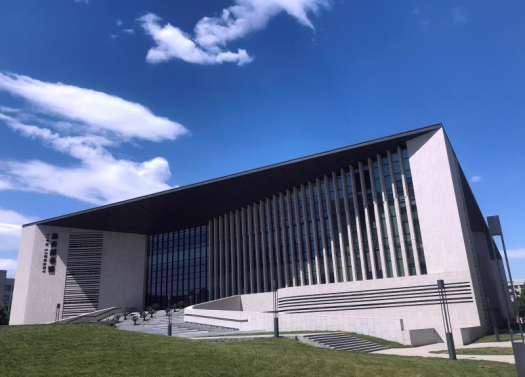
● 2020 BJUT ranked 401-500 in the ARWU World University Rankings.

● 2020 QS World University Rankings by Subject Top 500:
Chemistry, Environmental Science, Materials Science, Mathematics, Physics & Astronomy, Computer Science and Information Systems, Mechanical and Aeronautical Manufacturing Engineering, Electrical and Electronic Engineering
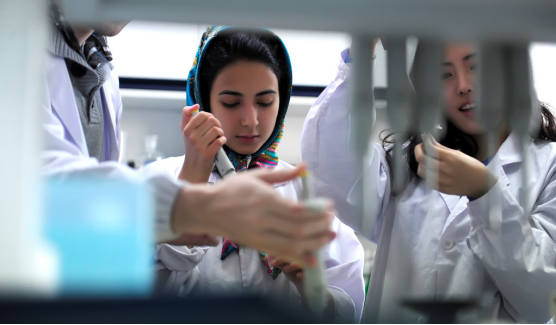
● 2020 ESI Global Disciplines Ranking Top 1%:
Chemistry, Materials Science, Engineering, Environment and Ecology, Computer Science




